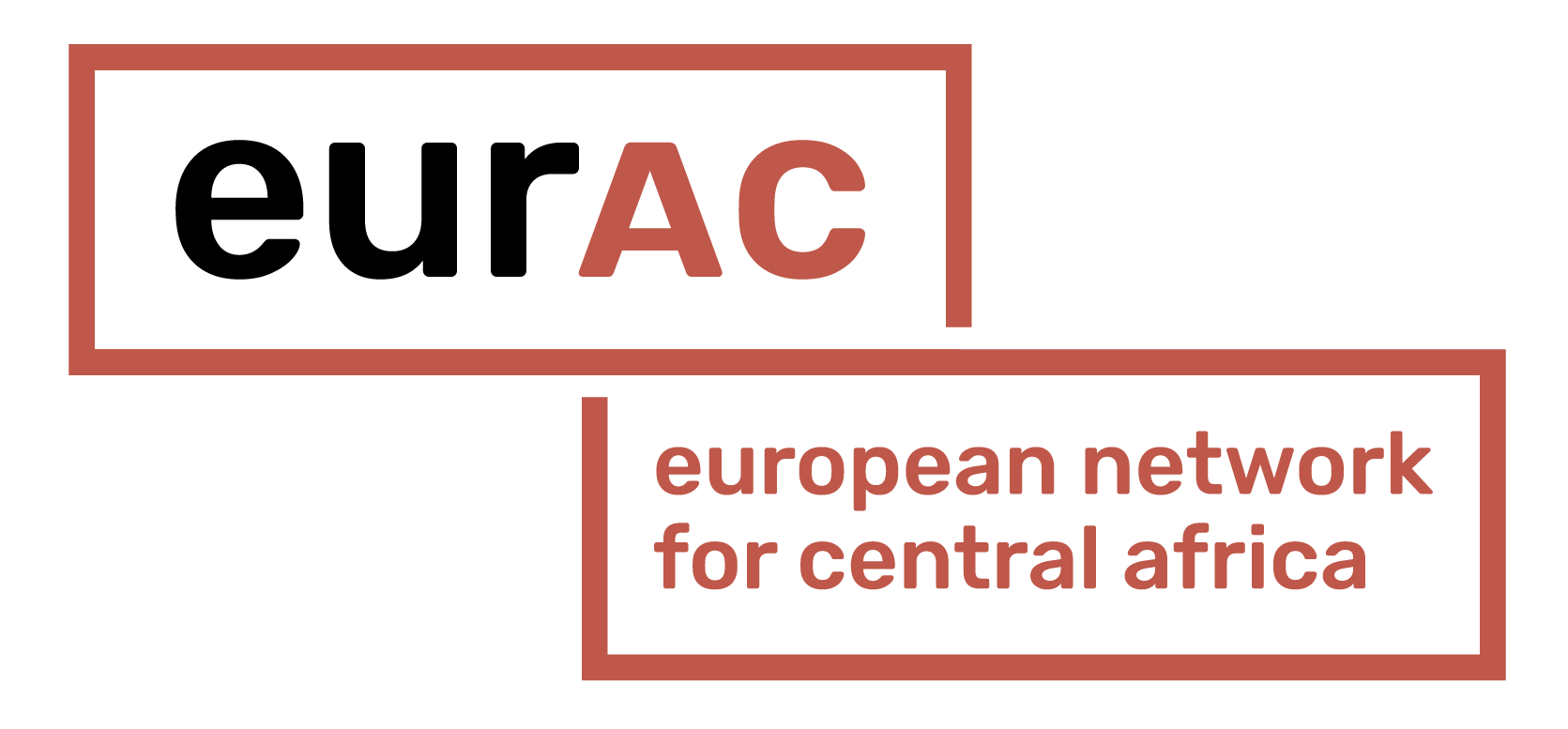New report | 2023 elections in the DRC: rectifying past mistakes to strengthen democracy
This report takes stock of the pre-election situation in the Democratic Republic of the Congo (DRC). It examines the issues and challenges of the current electoral process and proposes courses of action for the European Union (EU) and its Member States to help pacify the electoral climate, reduce the potential for fraudulent elections and prevent a situation of post-electoral violence that could engulf the entire Great Lakes region. Reviewing the available literature on the past and current sociopolitical situation in the DRC, this report was enriched by data from interviews and questionnaires conducted with stakeholders in the current electoral process, including religious denominations, civil society, opposition and majority political actors, the election management body, certain UN agencies and diplomatic missions accredited to the DRC.
The elections, expected to take place at the end of 2023, are being held in a complex political and social context, characterised by a lack of consensus between stakeholders, the demotivation of citizens with regard to the electoral process and the fragility of the party system following the reshuffling of the parliamentary majority. Several concerns also emerge, including that of a desire on the part of the government to control the bodies involved in the electoral process. The battles over the appointment of the leaders of the Constitutional Court and the CENI are striking examples of this. Each of these elements contribute to a general climate of insecurity in the east of the country and the rise of tribal divisions and hate speech, which raise fears of violent post-election protests. The report considers how this context could affect the smooth running of the elections, such as leading to a postponement of the vote, the exclusion of certain regions of the country or a disruption of peaceful demonstrations or opposition rallies during the election campaign. The changeover of Head of State after the 2018 elections failed to respect the sovereign choice of Congolese voters. After contradictory and hesitant reactions, regional and international actors, including the EU, recognised Felix Tshisekedi as the new president of the DRC. Thus, while the EU was able to provide a united voice on the international scene at the beginning of the electoral process, European collegiality gradually became more and more distorted, thus undermining the impact of the EU’s action. In the light of these findings, this report analyses how the 2023 elections can mark a decisive step away from the mistakes of the past to consolidate democracy in the DRC. As such, it aims to mobilise the EU and its Member States to assure their position on the current electoral process by establishing clear red lines that the electoral process must not cross. The EU and its Member States must now adopt a clear position and a common strategy to be able to speak with one voice during the electoral process, in particular in the event of serious irregularities affecting the credibility of the process.
In parallel, the EU and its Member States should maintain or extend a number of measures, such as:
- Continuing to encourage Congolese political institutions to respect their obligations to organise free, transparent, credible and peaceful elections;
- adopting the “Team Europe” approach, by coordinating in advance on the financial support to the electoral process, the key actors, as well as their common response to the various possible scenarios of the electoral situation before, during and after the elections.
- strengthening their support for Congolese civil society in its crucial threefold role of (1) ongoing civic education; (2) defence of human rights and public freedoms; (3) monitoring of the preparations for elections.
Finally, as a deterrent, the EU and its Member States should publicly denounce any repression and violation of civil liberties by sending a clear signal that they are ready to impose sanctions against any natural or legal person responsible for hate speech, delaying the organisation of elections within the constitutional time frame, or for sabotaging the will of the Congolese people to choose their leaders.

